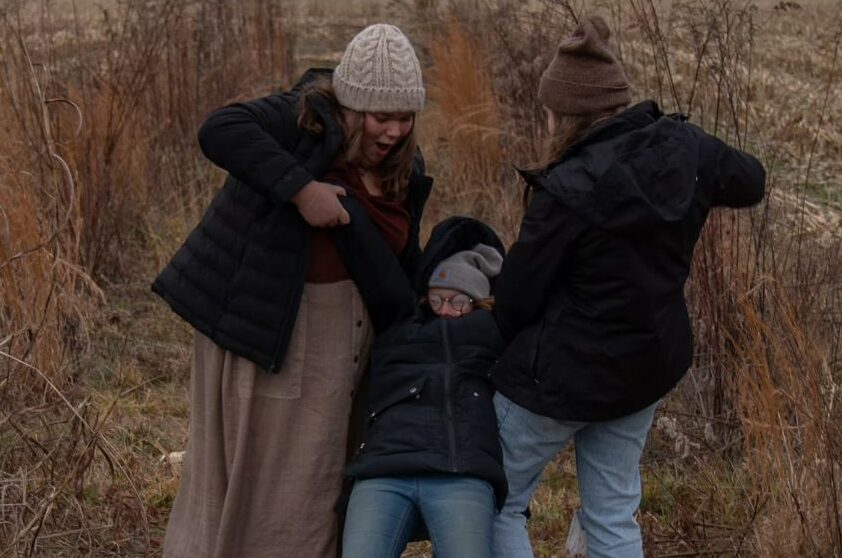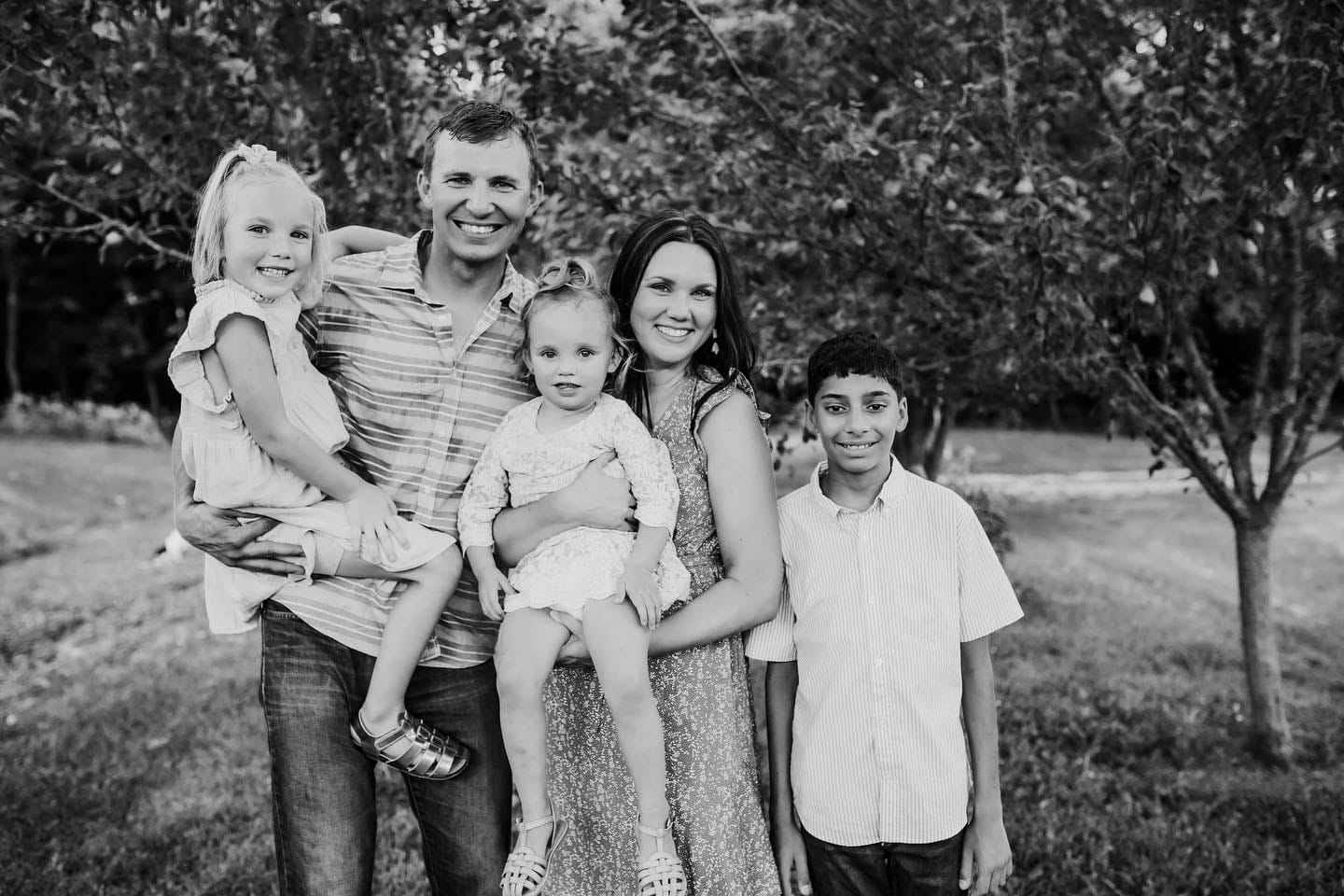
Written and Photography by: Whitney Runyon
There is a place that exists on the India Nepal border, that is home to 70+ orphaned and abandoned children. This place is an oasis in the midst of heartache and brokenness, which are born from poverty and broken families. Rarely, would I claim, that an “orphanage” is a good place, but this place, The Good Shepherd Agricultural Mission, is a good place. In fact, it is a good home.
Here at the farm, which is what the locals call it, you find a really, really big, unique family. There is a grandfather, a big brother or uncle and an auntie. There is a father figure, a mother figure and heaps of brothers and sisters. But most importantly, there is safety and love poured out on to each one of the farm children.
If you’ve been following our site this year, then you’ve heard us talking about deinstitutionalization, or in plain terms, closing down orphanages. If this is a new concept to you, then we suggest you take a moment to read this post about the movement.
So, when we arrived at the farm, I had my eyes and ears tuned towards the realities these children would face if the farm were to close down and I began with asking where their children come from and how they come to be at the farm.
Eugene, the father figure, whose wife actually grew up on the farm, told me that this the hardest job. Eugene walked me through the legal process of accepting a child into their home. First, they intensively interview whomever is bringing the child to their home. Then, they do unannounced investigations, with outsiders in the local villages and surrounding areas, to see if the story they were given matches up with the unbiased community members. Then, there is a legal process and an evaluation for safety and protection of their current children at the farm, and then the child is permitted into the home. The farm does not take in new kids very often, in fact, it’s usually one or less children per year.
So what is life like at the farm? Because, when you hear 70+ kids, often times our thoughts lead us to think ‘institutional style living’ and, then, immediately, think ‘unhealthy’ or think of a lack of bonding. But, the farm is quite the opposite.
Grandpa Rick has breakfast with the kids every single morning. Literally. Then he and Brother Clifton, who happens to be Rick’s adult son, literally hugs every single child as they send them off to school. There are ‘I love you’s’ exchanged, ‘did you finish your homework?’ and all the normal conversations parents have with children right before school starts. They greet them with warm embraces, as the 70+ kids return home from school. Every. Single. Day.
While this sounds like a nice tradition, care at the farm goes much deeper. Emotional, psychological and spiritual healing take place, as the farm adults walk with each child through developing and understanding their identities and stories. The mission kids receive the best education in the area, and the farm is also a full functioning and sustainable farm. While the kids do have sponsors, and donations are welcomed and often needed, the Good Shepherd Agricultural Mission is actually growing and quite self sustaining. Growing the Mission’s farm and school is one of the leadership’s longterm goals for the community. GSAM’s hope is that through their farm economic opportunities and education platforms they would grow their community development which would eventually lead to more jobs and families staying together…thus keeping children from becoming orphaned in the first place!
This week we’ll be introducing you to the farm and sharing why it is an incredibly special place and why it is in fact needed. If the movement to close down group homes reaches the farm, our hope is that, you will see how devastating it would be on these 70+ children, and that you realize that, while it’s a great idea to close down most large group homes, sometimes group homes are good and are needed.



